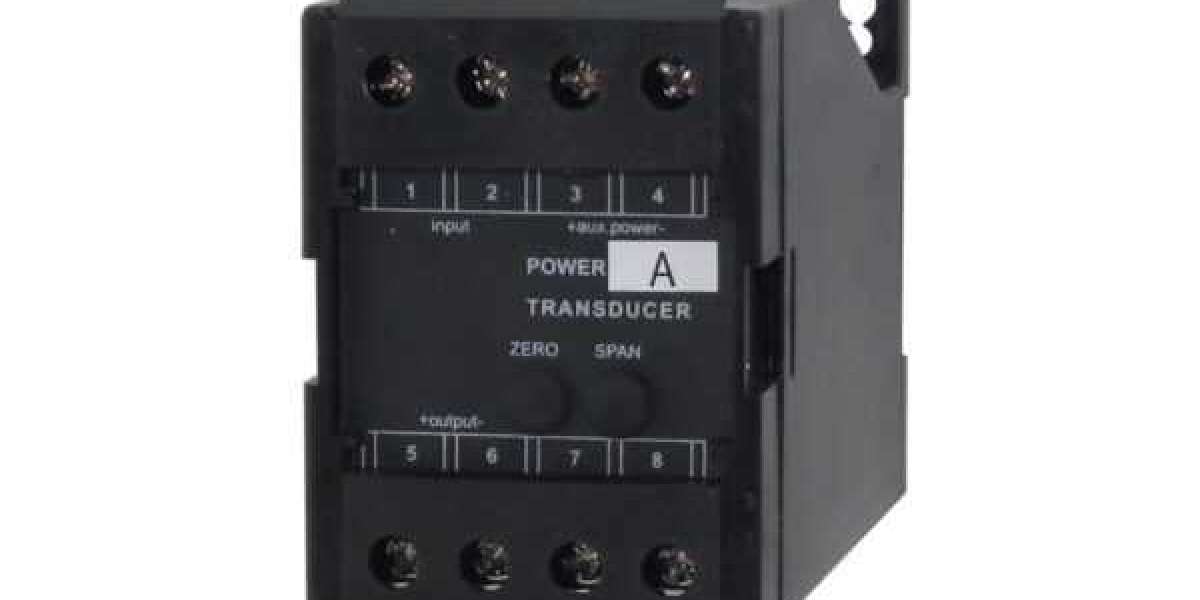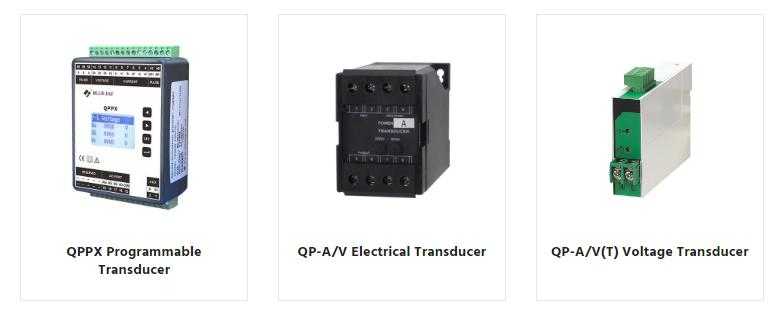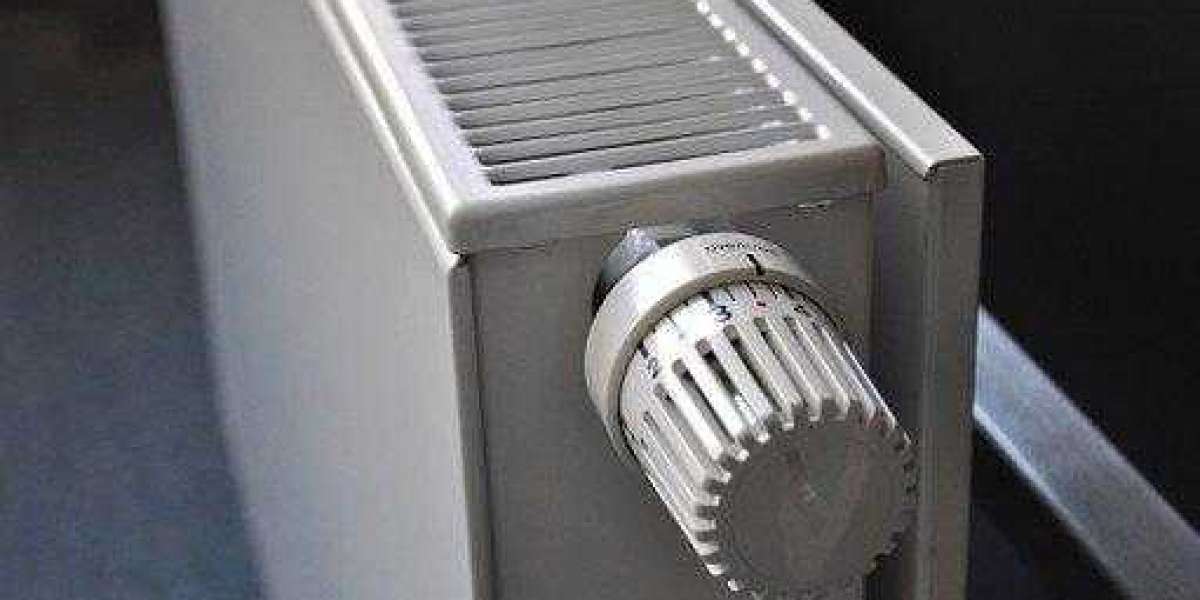Electrical transducers are devices that convert a physical quantity, such as pressure or temperature, into an electrical signal. They are widely used in various industries and applications, including automotive, aerospace, medical, and environmental monitoring. In this article, we will discuss the advantages and disadvantages of electrical transducers.
Advantages of electrical transducers
High Accuracy: Electrical transducers offer high accuracy and precision in measuring physical quantities. This is because they convert the physical quantity directly into an electrical signal, which can be easily measured and analyzed using electronic instruments.
Wide Range: Electrical transducers have a wide range of measurement capabilities. They can measure physical quantities ranging from very small to very large values. For example, some electrical transducers can measure pressures as low as 0.1 Pa and as high as 10 MPa.
Fast Response Time: Electrical transducers offer fast response times, making them suitable for applications that require real-time measurements. They can respond to changes in physical quantities within milliseconds, allowing for accurate and timely monitoring.
Non-Intrusive: Electrical transducers are non-intrusive, meaning they do not require direct contact with the physical quantity being measured. This makes them ideal for applications where the physical quantity is difficult to access or where direct contact may alter the measurement.
Long Lifespan: Electrical transducers have a long lifespan and require minimal maintenance. They are designed to withstand harsh environments and can operate reliably for many years.
Disadvantages of electrical transducer
Cost: Electrical transducers can be expensive, especially when compared to other types of transducers. This is due to the complexity of their design and the materials used in their construction.
Complexity: Electrical transducers can be complex to install and operate. They require specialized knowledge and equipment to ensure accurate measurements and proper calibration.
Sensitivity to Environmental Factors: Electrical transducers can be sensitive to environmental factors such as temperature, humidity, and electromagnetic interference. These factors can affect the accuracy of measurements and require additional measures to ensure reliable operation.
Limited Range: Some electrical transducers have a limited measurement range, which may not be suitable for certain applications. For example, a pressure transducer designed for low-pressure measurements may not be suitable for high-pressure applications.
Power Requirements: Electrical transducers require power to operate, which can be a disadvantage in applications where power is limited or unavailable.
In conclusion, electrical transducers offer many advantages in terms of accuracy, range, response time, non-intrusiveness, and lifespan. However, they also have some disadvantages, including cost, complexity, sensitivity to environmental factors, limited range, and power requirements. When selecting an electrical transducer, it is important to consider these factors and choose a device that best meets the requirements of the application.









